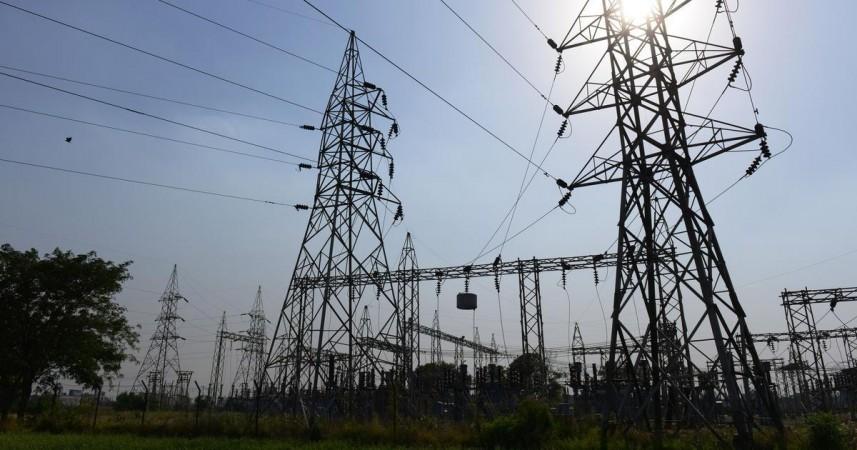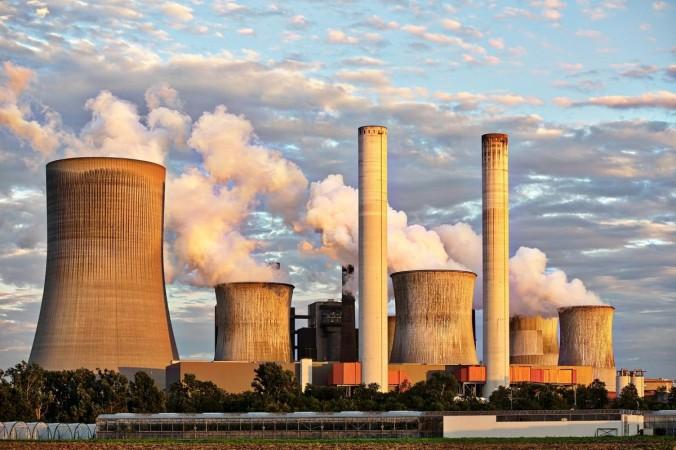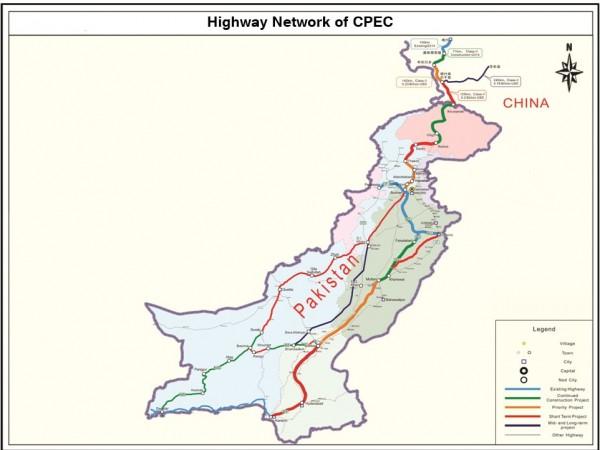Pakistan's economy is already on the brink of collapse and the Imran Khan led-government now cannot afford a scam to cripple the nation's economic stability further. Amidst these Covid-19 crisis times, a probe ordered by Imran Khan looking into the losses incurred in Pakistan's power sector and inflated electricity costs for the consumer unearthed a $630 million China-Pakistan Economic Corridor (CPEC) scam, with money trails leading all the way to China.

A study conducted on 60 power plants by a committee panel comprising 9 experts led by former Securities and Exchange Commission of Pakistan (SECP) chairman Mohammad Ali, along with a member from the premier spy agency, Inter-Services Intelligence (ISI), for a period of 8 months unleashed the involvement of the Pakistan military and the Chinese government in supporting the CPEC conning mechanism. A 278-page report titled 'Committee for Power Sector Audit, Circular Debt Reservation, and Future Roadmap' revealed in-depth details.
The dragon can never be trusted, for they scam all - both a friend and a foe. This realisation recently dawned upon China's all-weather ally Pakistan. Pakistan is paying a huge cost of trusting the dragon, and if only matters could get worse the nation's Prime Minister Imran Khan is in a position of fix, forced to hush matters, dare not address the scam in public, since his assistant on Information and Broadcasting, retired Lt Gen Asim Saleem Bajwa, who is the chairman of the China-Pakistan Economic Corridor Authority (CPECA), will not allow it to happen.
Probing into losses and inflated cost of power in Pakistan
On closely examining the losses in the power sector in Pakistan, two Chinese private power producers primarily involved in the dealings were found responsible for corruption to a tune of 100 billion Pakistani rupees.

Two Chinese power producers namely Huaneng Shandong Ruyi (Pakistan) Energy (Limited) and Port Qasim Electric Power Company (PQEPCL) were allegedly accused of involvement in the $630-million scam on grounds of violation of SOPs and malpractices in costs. The violation of SOPs includes the cost of government agreements, the installation of Independent Power Producers (IPPs), power tariff, alleged embezzlement in fuel consumption and certain conditions of power purchase.
Pakistan's first supercritical coal power plant, the Sahiwal Coal Power Project in Pakistan-owned Punjab consists of two phases for a combined capacity of 1,320 MW. The first phase is 660-megawatt (890,000 hp) plants, to be followed by a second phase which will include two 1,000-megawatt (1,300,000 hp) plants. The plant which is now considered to be part of the China Pakistan Economic Corridor (CPEC) was announced in April 2015, a joint consortium of China's state-owned China Huaneng Group owning 51% and the Shandong Ruyi holding 49% stake in the company. The company is known as Huaneng Shandong Ruyi (Pakistan) Energy Limited (HSR).

The Government of Pakistan is purchasing electricity from the consortium at a tariff of 8.3601 US Cents/kWh. On a site spanning 690 hectares in total, the project was built on a Build-Operate-Transfer (BOT) basis, under which the ownership of the plant will be transferred to the Government of Punjab after 30 years of operation.
Another 1,320 MW Pakistan's Port Qasim Power project comprises two 660 MW supercritical coal power plants, as part of the China–Pakistan Economic Corridor (CPEC). This project is part of 14 energy projects that fall under the fast-tracked "Early Harvest" program of the $46 billion CPEC program. The plant was built on a Build-Own-Operate basis and it will be operated by the Port Qasim Energy Holding, a firm jointly financed by China's Power Construction Corporation and Qatar's Al-Mirqab Capital.
Inquiry into the matter also revealed that the $1.7 billion power transmission line project of the China-Pakistan Economic Corridor (CPEC) was 234% more expensive than a similar project in India with better technology. The Chinese investors into the project also took out their equity upfront by over-invoicing the cost of plant and machinery.

China robs Pakistan of $630-million: How? Where did Pakistan go wrong?
These two coal power projects - Huaneng Shandong Ruyi (Pakistan) Energy (Limited) and Port Qasim Electric Power Company (PQEPCL) inflated their set up costs to show extra profits. These Chinese plants were earning profits up to 50% to 70%, as against the 15% limit set by the National Electric Power Regulatory Authority (NEPRA).
Further, the extra setup costs were borne by the power consumers in Pakistan. In Karachi, residents are paying up to 17.69 Pak rupees per unit of electricity, according to media reports.
The committee claimed that the IPP owners showed extra costs to get extra tariff at the time of the contract, and NEPRA failed to check the veracity of the cost. Without verifying the costs incurred, the authorities blindly trusted the Chinese power producers and accepted the cost of the power plant prepared by the companies.
According to a news media report, the IPPs have gained 350 billion Pakistani rupees since 1994, by altering the actual cost by Rs 2 to Rs 15 billion. The IPPs earned unjust profits in fuel consumption, and NEPRA failed to gauge the efficiency of the consumption beforehand. The owners further resisted an agreement for conducting regular audits. This should have been a red flag for Pakistan much earlier in this issue. But the involvement of the Pakistan military along with the Chinese counterparts, have successfully managed to keep the blindfolded acts, resulting in a scam suppressed for years, thus robbing Pakistani nationals indirectly.
As per the terms of the agreement, Pak government is bound to pay 900 billion Pakistani rupees to power plants under the head capacity payments, even if the plants are closed or produce low power due to cut in demand. But in this case, they were charged a capacity payment of Pak rupees 1500 billion by 2025. Also, the guaranteed profit should not be granted for more than four to five years, but here in the Pakistan government and the NEPRA have granted guaranteed profits for 25 years in the agreement.
This lop-sided approach adhered to while drafting agreements has led to an unbearable loss for the exchequer and the prevalent practice is responsible for a hike in power tariffs. The expert committee conducting a probe has suggested to the Pakistan government to make the Chinese power producers pay for the losses incurred.
The scam has led to bloating of Pakistan's debt to a tune of $11 billion. While Prime Minister Imran Khan is aware now of the matters at hand and the fact that the nation is being robbed of $630-million by the Chinese power producers, he can but just watch and do nothing about it; dare not accuse the dragon of stealing power in Pakistan.
While Asad Umar, planning minister of Pakistan wants to make the power sector inquiry report public, the power ministry of Pakistan is opposing the same on the grounds that it will result in spoiling ties with its all-weather ally China. There have also been allegations against the Pakistan PM Imran Khan of helping Razak Dawood and Nadeem Baber, who are among the beneficiaries of the CPEC deals.

















